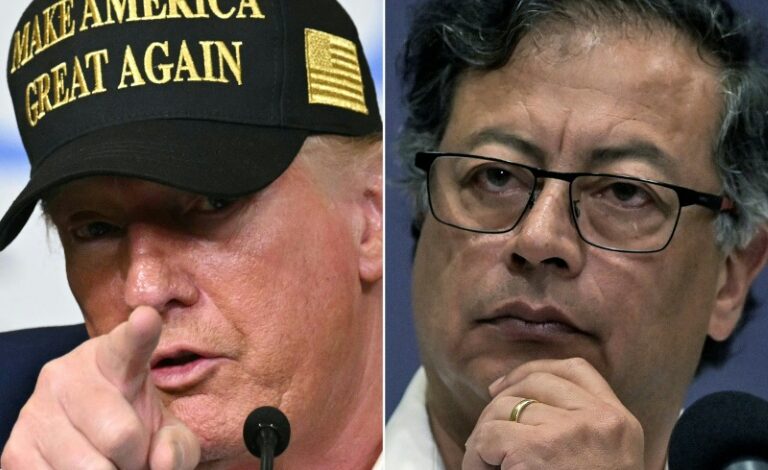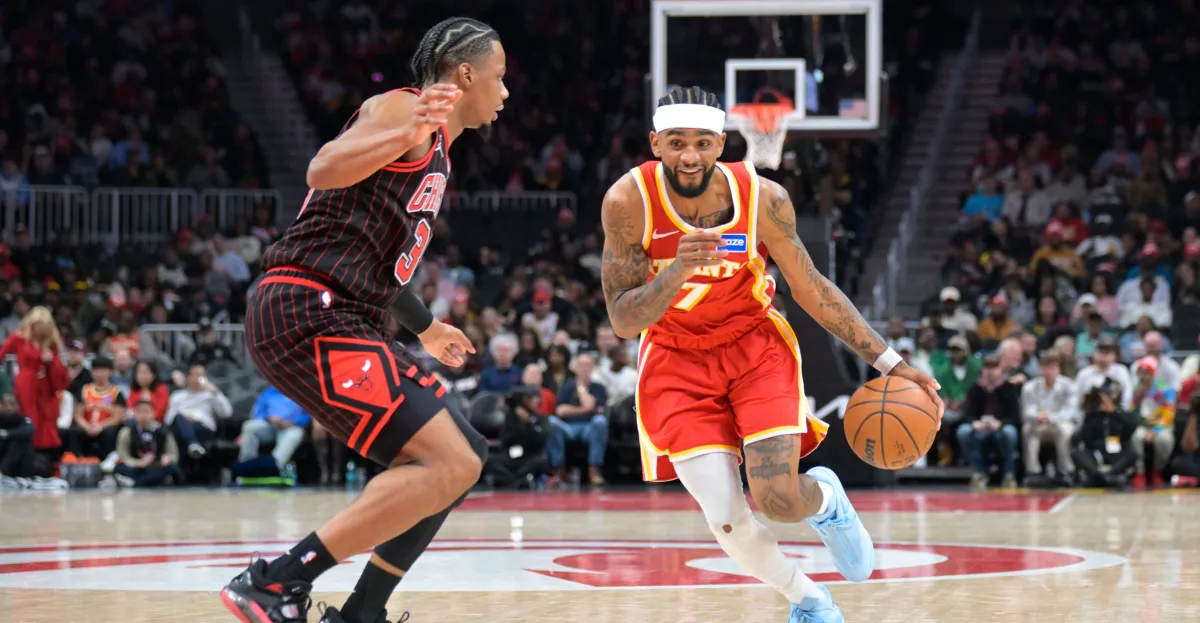Colombia’s Petro Clashes with Trump Amid Aid Freeze and Threats

UPDATE: In a dramatic escalation, Colombian President Gustavo Petro is openly confronting Donald Trump after the U.S. President froze millions in aid and labeled Petro a drug trafficker. This conflict has sent shockwaves through Colombia’s political landscape, potentially reshaping the upcoming 2026 Presidential Elections.
The rift comes as Trump threatens “significant” tariffs, prompting panic among Colombian businesses and investors. In response, Petro is leveraging the situation to energize his political base ahead of crucial elections in May. He has recalled Colombia’s ambassador from Washington, launched scathing social media attacks against Trump, and used the podium at the United Nations to amplify his nationalist rhetoric.
Petro tweeted, “President Trump doesn’t like us being out of his control,” asserting that the U.S. is plotting a coup against him. His recent visit to New York, where he urged U.S. military personnel to defy Trump’s orders, resulted in a visa ban for the Colombian leader in the U.S.
This escalating war of words underscores a stark shift in U.S.-Colombian relations. For decades, the two nations maintained a strong alliance, working together against drug cartels and fostering extensive trade. However, the relationship has soured under the leadership of both Petro and Trump. According to Theodore Kahn from Control Risks, “Petro is looking for a confrontation with Washington,” using this conflict to galvanize support for his party’s presidential primary this Sunday.
Though Petro cannot run again due to constitutional restrictions, he is keen to influence the next leader of Colombia. Trump has dismissed Petro as “a rated and very unpopular leader,” while Secretary of State Marco Rubio has voiced his support for Petro’s political adversaries, including former President Alvaro Uribe.
Petro’s strategy appears aimed at rejuvenating his waning popularity, currently below 40 percent. Political analysts suggest he is employing foreign policy to boost his standing at home, similar to tactics used by Brazil’s leftist President Luiz Inacio Lula da Silva.
The fallout from this diplomatic crisis could have dire economic consequences. Nearly a third of Colombian exports, including key goods like oil, coffee, and minerals, are destined for the United States. Maria Claudia Lacouture, president of the Colombo-American Chamber of Commerce, warned that the implications of this diplomatic spat “cannot be taken lightly.”
As businesses express growing uncertainty, Javier Diaz from the National Association of Foreign Trade (Analdex) called for the activation of diplomatic channels to mitigate the crisis.
The situation is further complicated by rising polarization in Colombia, a nation still healing from decades of violence. Former presidents Uribe and Andres Pastrana have called for Petro to clarify his ties to drug trafficking, intensifying the contentious atmosphere.
As tensions escalate, all eyes are on Colombia and the unfolding political drama that could redefine its future. The implications of Petro’s confrontation with Trump and the U.S. response remain to be seen, but the stakes are undeniably high for both nations.






